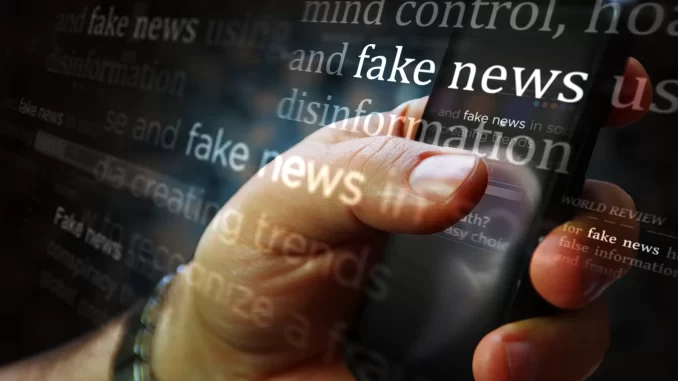
By Steve Levy
CBS has a proven track record of having a significant leftist bias.
60 Minutes denied Donald Trump was being spied on when, in fact, he was.
It tried to make parents complaining about pornography in schools look like far-right, reactionary fools.
It had to settle a lawsuit from Donald Trump after it deliberately doctored an interview with Vice President Kamala Harris to make her look less scatterbrained in the middle of an election.
Its debate anchor tried to fact-check Vice President JD Vance with a false narrative.
Fortunately, it recently hired Bari Weiss, a severe critic of media bias, to head up its news division to provide it with more balance.
Based on an episode aired by CBS News Sunday Morning last week, her arrival cannot come soon enough.
The Sunday morning show is another platform with tremendous media bias toward the left. It has the feel of an NPR episode every week.
Its traditional episode-ending editorial features a liberal commentator, usually bashing or mocking politicians and citizens from the right.
This past week, the show embarrassed itself by preparing an episode interviewing Jim Farley, the CEO of Ford Motor Company.
The episode strained to make the case that Ford was in a deeply negative financial situation because of the tariffs imposed by President Trump.
They noted that 80% of Ford’s cars are built in the United States, but that a good amount of their parts are still imported, suggesting that Ford is in trouble because of Trump and his actions.
Oops! It looks like this episode was put to bed a bit too early. It might’ve aired this Sunday, but it was obviously finished at least several days ago.
They missed the huge announcement that came out later in the week that Ford had a huge 12% increase in profits in the last quarter. It was one of the biggest jumps in the market and led to a healthy rally. American-based General Motors also had a stellar quarter.
One could say it was the tariffs that led to more Americans buying more American vehicles such as Ford.
There are good and bad aspects to tariffs. Free trade is best, but only when all sides are playing by the same rules. That never happened in the auto industry, where Japan and Germany were able to ship millions of their cars into the U.S., while our cars were restricted in their countries. In this case, Trump was correct and trying to level the playing field — and, at least for Ford and GM, so far it looks like it’s reaping some hefty dividends.
Sorry, CBS.

